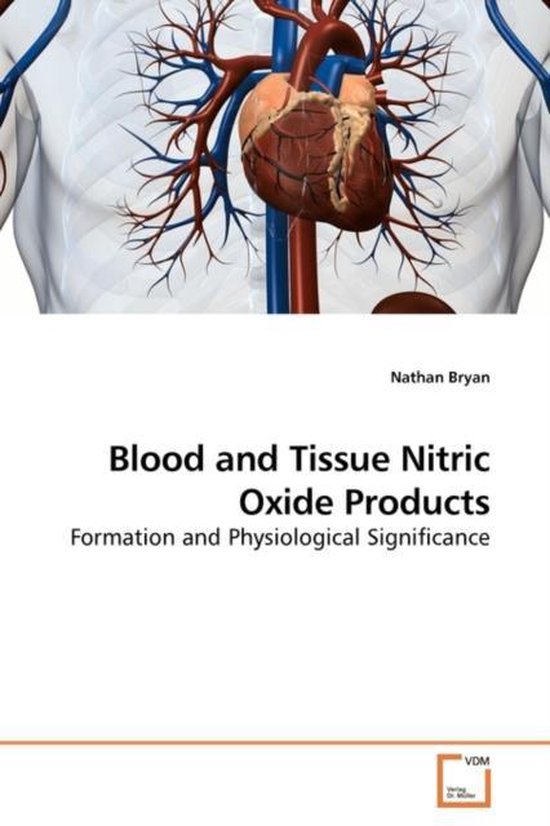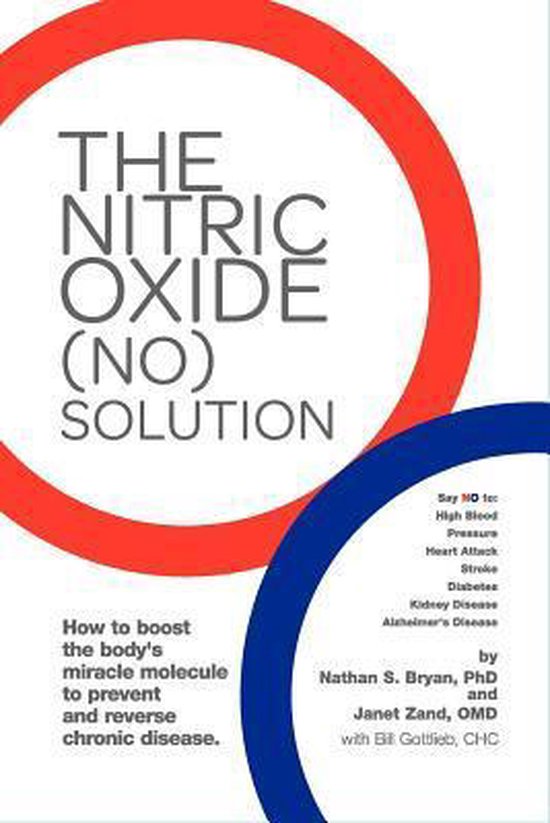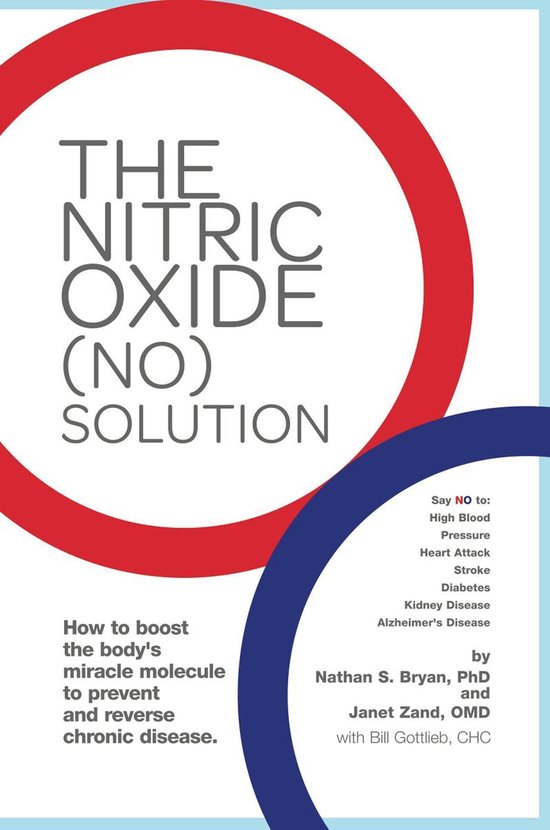
Blood and Tissue Nitric Oxide Products
There is mounting evidence that the established paradigm of nitric oxide (NO) biochemistry, from formation through NO synthases, over interaction with soluble guanylyl cyclase, to eventual disposal as nitrite/nitrate, represents only part of a richer chemistry through which NO elicits biological signalling. Additional pathways have been suggested that include interaction of NO-derived metabolites with thiols and metals to form S-nitrosothiols (RSNOs) and metal nitrosyls. Despite the overwhelming attention paid in this regard to RSNOs, little is known about the stability of these species, their significance outside the circulation, and whether other nitros(yl)ation products are of equal importance. Our study further reveals that all NO-derived products are highly dynamic, have fairly short lifetimes, and are linked to tissue oxygenation and redox state. Moreover, tissue nitrite can serve as a significant extravascular pool of NO during brief periods of hypoxia. These findings vastly expand our understanding of the fate of NO in vivo and provide a framework for further exploration of the significance of nitrosative events in redox-sensing and signaling.
| Auteur | | Nathan Bryan |
| Taal | | Engels |
| Type | | Paperback |
| Categorie | | Wetenschap & Natuur |

